Photograph by Danielle St. Laurent
I have never ventured into Boxers, the gay sports bar in Chelsea in New York City, but why would I? Other than tennis and the occasional track and field event at the Olympics, I find sports immensely dull. A gay friend once invited me to New Orleans to watch the Saints play the New York Jets, and I'm quite sure I am the only person who has ever had to ask him, "Is that football or baseball?" It's unlikely, therefore, that the gaybros are my kind of gang. Of their alliterative tagline, "Gear, Grub, Guns, and Guys," only the last has real appeal to me.
And yet, I am happy gaybros exist (read "Meet the Gaybros"), if only because we deserve a counterweight to the fallacy that all gay men must burst into spontaneous trilling at the mere mention of Judy Garland. I'm old enough to remember that one reason so many of us stayed closeted for as long as we did was because we couldn't see anything out there that represented us. Gay men on TV, when they existed at all, were mincing, lisping neuters who couldn't so much as throw a ball, let alone catch one. And though much has changed, the ancient calumny that men who like men are not real men lingers on. It's a big part of why sports remain the last holdout of homophobes.
Now for the contradiction, because I also dislike what gaybros represent about our tendency, still today, to need to pass as straight. And here I speak as someone for whom passing as straight was once very important, and who -- even after coming out -- continued to draw a big distinction between "me" and "them." It shames me a little to recall how validating it felt to be told that I didn't seem gay--the ultimate endorsement of straight friends -- and how irritating I found it when a friend rushed to assure me they'd always known. Really? How? A girl I knew at college once remarked, rather too knowingly for my comfort, that gay men swung their hips when they walked. For years afterward, I walked in the most peculiar fashion, desperately locking my hips to avoid any giveaway sway. In such myriad ways we help reinforce the idea of a right and a wrong way to be a man.
Of course, what it means to be gay and how we choose to articulate our identity are in a constant state of flux, but the idea of a homogenous gay identity -- let alone an LGBT identity -- was always far-fetched. Gaybros may be a reaction against the tyranny of groupthink, but it's a pretty antediluvian one that replaces one set of hackneyed signifiers with another. Sure, love guns! Enjoy grub! Or, hell, why not walk with your legs locked? But do any of us need a group for that? Only, I think, if you need to make a point.
In this way the gaybros remind me of my younger self, anxiously trying to temper the enormity of my newfound sexuality by telling everyone that nothing had changed--I was the same person, doing the same things, just like them. But I wasn't the same person, and pretending that I was involved all sorts of self-editing that diminished rather than amplified my relationships with others. It can take a long time to fix those mistakes. I'm now in my 40s, and I'm still fixing them.
On July 8, after 12 years, my boyfriend finally met my grandmother -- properly, that is. They'd met once before, but under ambiguous circumstances that were left deliberately unclear, so this was a chance to put the record straight. There were no declarations, but we were clearly there as a couple. My 93-year-old grandmother, who had been gravely ill earlier this year, reminisced and joked, and told us where to find the best fish and chips in town. My boyfriend laughed at my grandmother's jokes, asked the right questions, and took photos to show his family back home. When we left, I realized that two of the most important people in my life had finally met. The fact that it had taken 12 years no longer mattered. What mattered was that they had met at all.
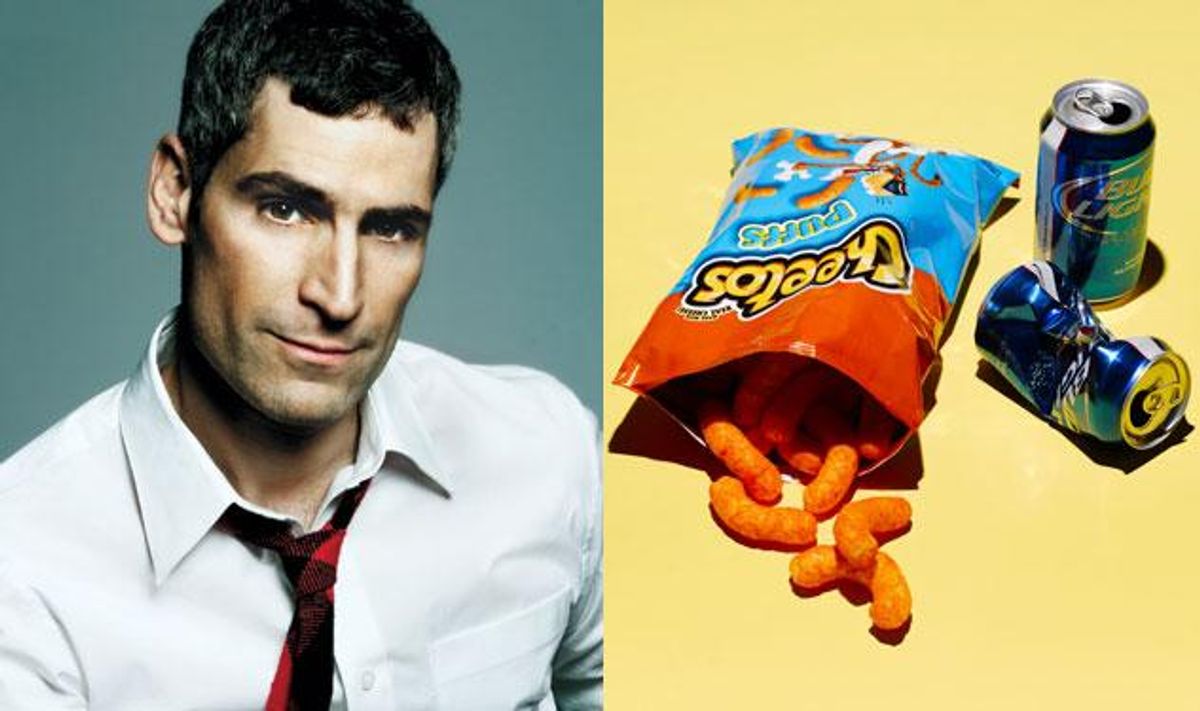
































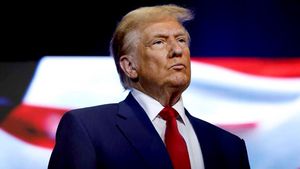






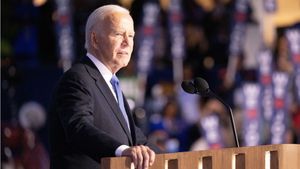
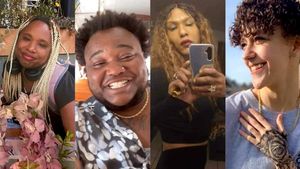












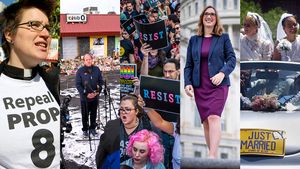
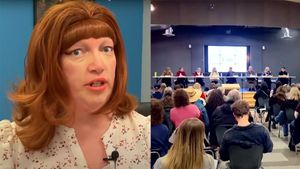






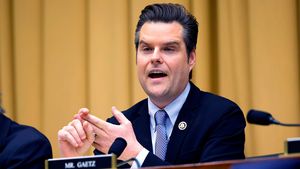

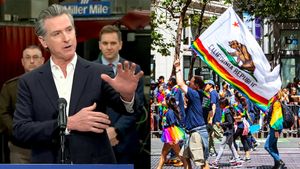












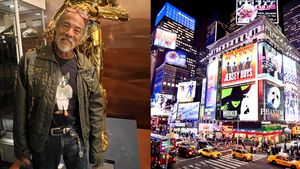
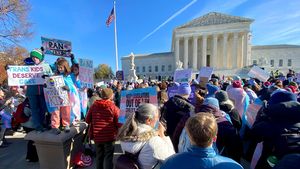


Sexy MAGA: Viral post saying Republicans 'have two daddies now' gets a rise from the right